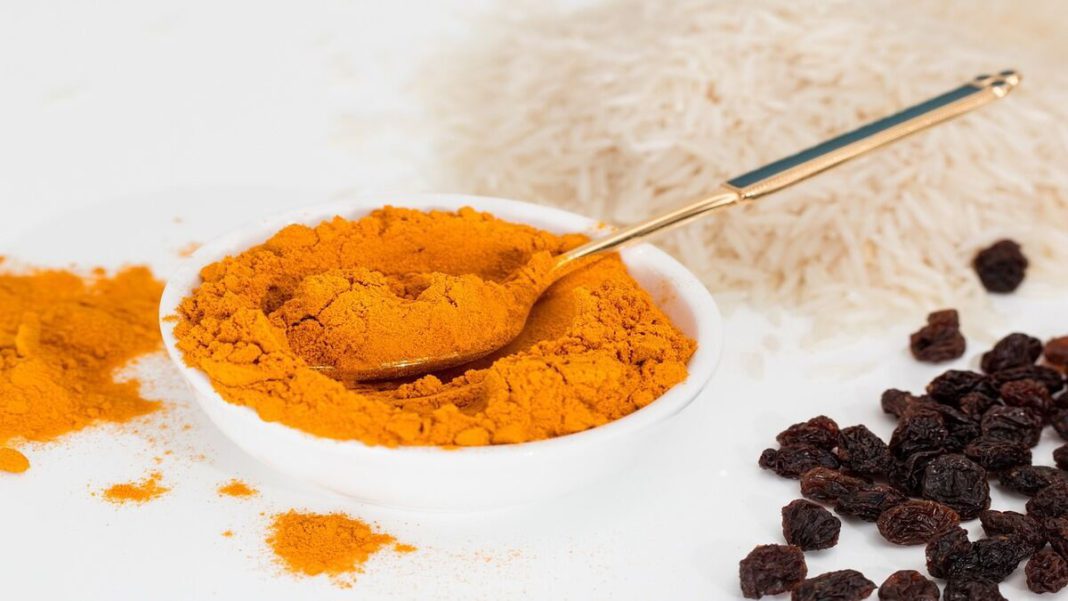UNITED KINGDOM: Turmeric may be just as effective as medication in treating indigestion, according to a study. A research published in the Journal BMJ Evidence-Based Medicine suggests that turmeric, a natural substance found in the culinary spice, may be as effective as prescription dyspepsia medication omeprazole.
The study found that curcumin, an organic substance found in turmeric, has anti-inflammatory and antibacterial effects. In south-east Asia, it has long been used as a medicinal treatment, including for controlling the symptoms of dyspepsia.
A study involving 206 patients aged 18-70 from Thailand hospitals examined the effectiveness of a new indigestion medication. The study, which was double-blind and placebo-controlled, compared the drug to other options. The patients were randomly assigned to one of three treatment groups, each receiving 28 days of care.
Omeprazole (one small 20 mg capsule daily and two large dummy capsules four times a day); turmeric (two large 250 mg capsules of curcumin four times a day); and turmeric with omeprazole.
Omeprazole, a proton pump inhibitor (PPI), treats dyspepsia. Most people experience dyspepsia, which is usually not serious and can be managed by self-care.
Prolonged use of PPI has been linked to increased fracture risk, nutritional deficiencies, and infection risk, according to researchers. Patients in all three groups had similar clinical features and indigestion ratings at the start of the research. After 28 days and then again after 56 days, patients showed similar improvement in symptoms.
Researchers discovered that oral curcumin was well tolerated and safe, and that patients in all three groups reported similar symptom improvements.
They said that the study’s small size and limitations, such as a short intervention time and lack of long-term monitoring data, were acknowledged.
According to the researchers, this multi-center randomised controlled trial presents extremely trustworthy data for the treatment of functional dyspepsia. They went on to say that the new findings from their study could support using curcumin in clinical use.
Also Read: Study Shows Air Pollution’s Alarming Threat to Life Expectancy in South Asia



